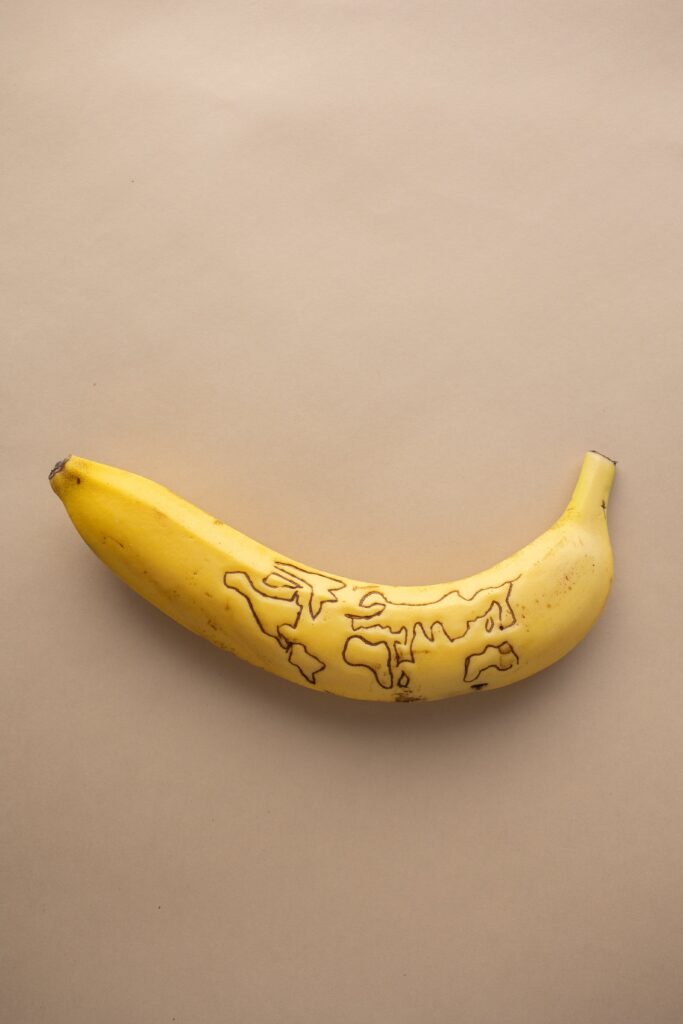Have you ever wondered which fruits have a high sugar content and which ones you should avoid if you’re watching your sugar intake? Well, look no further! In this article, we will explore the fruits that are known to have high sugar content and discuss whether they can be considered bad for sugar consumption. Get ready to discover the sweet and juicy facts about fruits and their sugar levels!

What fruit has high sugar content?
If you have a sweet tooth and are wondering which fruits have the highest sugar content, look no further! In this article, we’ll explore the fruits with the highest sugar content, as well as those with moderate and low sugar content. Whether you’re watching your sugar intake or simply curious, this comprehensive guide will provide you with all the information you need.

Fruits with the highest sugar content
When it comes to fruits with the highest sugar content, a few key contenders stand out. These fruits not only satisfy your sweet cravings but also pack a nutritious punch. Let’s take a closer look at them:
Mango
Mangoes are not only known for their delightful tropical flavor but also for their high sugar content. A juicy, ripe mango can contain around 46 grams of sugar per fruit. While this may sound like a lot, mangoes are also a great source of vitamins A and C, as well as fiber.
Banana
Bananas are a popular choice among fruit lovers due to their natural sweetness and convenience. On average, a medium-sized banana contains approximately 14 grams of sugar. In addition to their sugar content, bananas are rich in potassium and vitamin B6, making them a healthy and energizing snack.
Grapes
Grapes are tiny bursts of sweetness, and it’s no surprise that they have a relatively high sugar content. A cup of grapes can contain up to 23 grams of sugar. While grapes are high in sugar, they also offer health benefits such as antioxidants and vitamins.
Cherries
Cherries are not only delicious but also quite sweet. Around 18 grams of sugar can be found in a cup of cherries. These delightful fruits are also packed with antioxidants, fiber, and vitamin C, making them a great addition to a balanced diet.
Pomegranate
Pomegranates may be a bit challenging to eat, but their sweet and tangy flavor is worth the effort. A whole pomegranate contains approximately 39 grams of sugar. Alongside their sugar content, pomegranates offer numerous health benefits, including antioxidants and anti-inflammatory properties.

Fruits with moderate sugar content
If you’re looking for fruits that strike a balance between sweetness and lower sugar content, these options are for you. They provide a satisfying taste without the high sugar levels:
Apple
An apple a day not only keeps the doctor away but also provides a moderate amount of sugar. A medium-sized apple typically contains around 19 grams of sugar. Apples are also a great source of vitamins, fiber, and antioxidants, making them a fantastic choice for overall well-being.
Pear
Pears, similar to apples, offer a moderate sugar content that won’t send your blood sugar soaring. A medium-sized pear contains approximately 17 grams of sugar. Pears are also rich in fiber, vitamin C, and antioxidants, promoting digestive health and boosting the immune system.
Orange
Oranges are not only refreshing but also a moderately sweet fruit. A medium-sized orange contains about 12 grams of sugar. In addition to their sugar content, oranges are packed with immune-boosting vitamin C, fiber, and other essential nutrients.
Pineapple
Pineapples are tropical fruits known for their vibrant flavor and moderate sugar content. A cup of pineapple chunks contains approximately 16 grams of sugar. Besides being a delicious treat, pineapples are a good source of vitamin C, bromelain, and antioxidants.
Kiwi
Kiwi, with its bright green flesh and tangy sweetness, falls into the category of fruits with moderate sugar content. A medium-sized kiwi contains around 7 grams of sugar. Kiwis also offer an abundance of vitamin C, fiber, and other nutrients that support heart health and digestion.

Fruits with low sugar content
If you’re keeping a close eye on your sugar intake or following a low-carb diet, these fruits with low sugar content are ideal choices:
Strawberry
Strawberries are not only low in sugar but also packed with flavor and nutrients. A cup of strawberries contains approximately 7 grams of sugar. These vibrant red berries are rich in antioxidants, vitamin C, and other beneficial compounds that support brain health and reduce inflammation.
Blueberry
Blueberries, often considered a superfood, have a relatively low sugar content compared to their sweet taste. A cup of blueberries contains around 15 grams of sugar. Alongside their low sugar content, blueberries are packed with antioxidants, fiber, and vitamins that promote heart health and improve cognitive function.
Raspberry
Raspberries are another berry known for their delightful taste and low sugar levels. A cup of raspberries contains approximately 5 grams of sugar. These berries are also rich in fiber, antioxidants, and vitamin C, making them a fantastic addition to any diet.
Blackberry
Blackberries, similar to raspberries, offer a low sugar content and are high in flavor. A cup of blackberries contains around 7 grams of sugar. These juicy berries are rich in antioxidants, fiber, and essential vitamins, promoting healthy digestion and supporting immune function.
Avocado
While technically classified as a fruit, avocados have such low sugar content that they can be the perfect addition to a low-sugar or ketogenic diet. Avocados contain less than 1 gram of sugar per fruit and are packed with healthy fats, fiber, and various essential nutrients.
Now that you have a comprehensive understanding of fruits with high, moderate, and low sugar content, it’s easier to make informed choices when it comes to your diet. Remember to enjoy fruits in moderation and consult with a healthcare professional if you have any specific dietary concerns. Happy munching!


